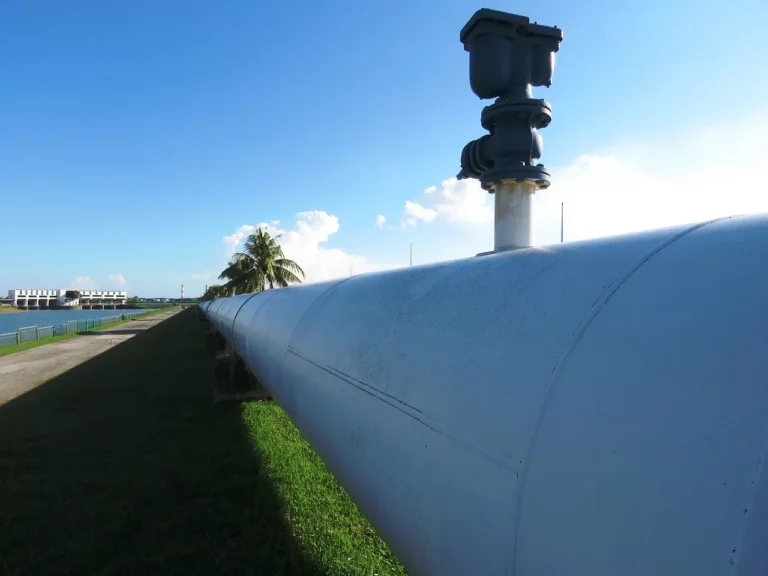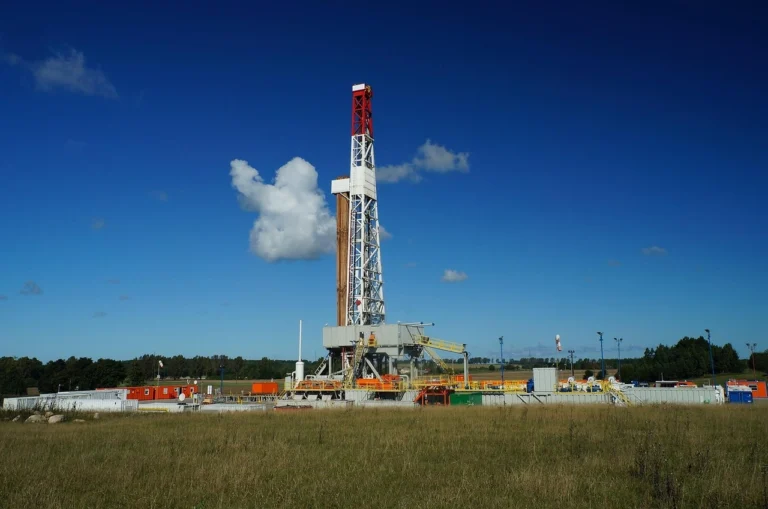
The Arab Energy Fund and Stonepeak Launch $1 Billion Strategic Partnership to Transform Middle East Energy Infrastructure
In a landmark move poised to reshape the energy infrastructure landscape of the Middle East, The Arab Energy Fund (formerly known as APICORP) and Stonepeak, a prominent U.S.-based infrastructure investment firm, have announced a $1 billion strategic partnership. This initiative is aimed at deploying large-scale capital toward critical energy projects across the region, with a sharp focus on supporting its ongoing energy transition, enhancing economic resilience, and addressing the global demand for sustainable, future-ready infrastructure.
This groundbreaking partnership signals a significant alignment of strategic priorities between a leading regional multilateral institution and a global investment powerhouse. It will seek to identify and develop investment opportunities that bolster energy infrastructure resilience, promote regional energy security, and accelerate the shift toward diversified and sustainable energy sources.
A Shared Vision for Strategic Energy Investment
The Arab Energy Fund has long been a central force in mobilizing financial support for energy development across the MENA (Middle East and North Africa) region. Rebranded from the Arab Petroleum Investments Corporation (APICORP), the Fund has transitioned from being narrowly petroleum-focused to becoming a broader, more inclusive enabler of energy transformation, covering renewables, storage, transmission, and industrial decarbonization.
“This strategic alliance marks a defining step in our mission to mobilize global capital into the region’s evolving energy landscape,” said Khalid Ali Al-Ruwaigh, Chief Executive Officer of The Arab Energy Fund. “With Stonepeak as a partner, we aim to accelerate the development of resilient, future-ready energy platforms that contribute to economic growth and energy security across the Middle East.”
The Fund’s transformation mirrors the broader policy shift seen in many MENA nations—particularly Saudi Arabia, the United Arab Emirates, and Oman—toward a diversified, low-carbon energy mix that includes renewables, hydrogen, and digital energy technologies.
Stonepeak, headquartered in New York, has built a reputation as one of the largest independent infrastructure investors globally, with over $61 billion in assets under management. Known for its robust portfolio across energy, communications, transport, and social infrastructure, Stonepeak brings extensive experience in scaling and optimizing infrastructure assets across complex regulatory environments.
According to Mike Dorrell, Co-Founder, Chairman, and Chief Executive Officer of Stonepeak, the collaboration is well-aligned with Stonepeak’s strategic focus. “The Middle East has made energy diversification a key priority, with Saudi Arabia and other nations throughout the region setting ambitious targets,” he stated. “We are thrilled to be partnering with The Arab Energy Fund to build and create businesses in the region focused on this mission-critical sector.”
Advancing Energy Security and Resilience
At its core, the partnership aims to strengthen the Middle East’s energy security by investing in both traditional and emerging infrastructure. This includes oil and gas, power generation, grid modernization, carbon capture, green and blue hydrogen projects, and other transformative technologies central to the global energy transition.
For decades, energy infrastructure in the Middle East has been heavily centralized and export-oriented, with significant dependence on fossil fuels. However, regional governments have increasingly prioritized diversification, climate goals, and energy resilience. This includes not only increasing renewable energy capacity but also ensuring stable domestic supply, job creation, and regional economic integration.
“In a world that increasingly values energy independence and sustainable growth, investments in energy infrastructure have never been more vital,” said Maheur Mourali, Chief Investment Officer of The Arab Energy Fund. “This partnership reinforces our long-term strategy to back high-quality energy assets in collaboration with experienced global investors. Stonepeak brings world-class expertise and alignment with our vision to deliver both impact and value through disciplined investment in essential infrastructure.”
Stonepeak’s proven investment strategy, which balances yield generation with long-term asset value creation, is expected to complement the Fund’s regional expertise and networks. The alliance will pursue direct equity investments, joint ventures, and potential greenfield development projects across sectors such as renewables, transmission, energy storage, and LNG infrastructure.
Unlocking Global Capital and Local Opportunity
One of the partnership’s key ambitions is to channel global capital into the Middle East’s evolving energy ecosystem. This is particularly timely as the region seeks to attract greater foreign direct investment (FDI) to meet its Vision 2030 and net-zero targets.
By pooling the strengths of a locally-rooted financial institution and a global infrastructure specialist, the $1 billion initiative is uniquely positioned to mobilize institutional investors, sovereign wealth funds, and multilateral partners. This capital influx can help bridge funding gaps in underfinanced sectors such as utility-scale renewables, hydrogen supply chains, and climate-resilient infrastructure.
Hajir Naghdy, Senior Managing Director and Head of Asia and the Middle East at Stonepeak, emphasized the long-term growth potential of the region’s energy transformation. “This partnership will support the continued growth and evolution of the region’s energy sector,” Naghdy explained. “With our local presence in the region and deep expertise in the global energy sector, Stonepeak is well-positioned to contribute meaningfully to this exciting partnership.”
Stonepeak, which already has a track record of strategic investments in Asia and North America, intends to leverage this new partnership to establish deeper operational capabilities in the MENA region. This includes tapping into regional supply chains, local talent pools, and cross-border opportunities that support scalability and regional integration of energy assets.
Implications for Regional Development
The collaboration has broader socio-economic implications beyond infrastructure development. It reflects a shift toward impact-driven, commercially viable investments that align with climate commitments and development goals.
For instance, projects developed under the partnership are likely to support the creation of high-skilled jobs, foster public-private cooperation, and enhance local content. Moreover, by promoting decarbonization technologies, the initiative contributes to the region’s climate adaptation and mitigation efforts.
The timing is also significant. As countries around the world respond to the dual pressures of decarbonization and energy security, Middle Eastern economies are at a strategic inflection point. With oil prices fluctuating and international pressure mounting for climate action, diversification through infrastructure investment is not only prudent—it’s essential.
Furthermore, regional competition to become a hub for green hydrogen, clean technology manufacturing, and energy services is accelerating. Partnerships like this one can provide the institutional momentum necessary to deliver on national ambitions while generating long-term, stable returns for investors.
As the energy landscape continues to evolve globally, the Arab Energy Fund and Stonepeak’s $1 billion partnership stands as a bold example of how regional and international stakeholders can collaborate to achieve shared goals. It blends local knowledge with global capital and expertise, promising to deliver infrastructure that is not just functional but forward-thinking.
By focusing on long-term value creation, sustainability, and resilience, this alliance has the potential to become a blueprint for similar partnerships across emerging markets. In an increasingly interconnected world, the intersection of finance, infrastructure, and energy innovation will define the next era of regional development.







